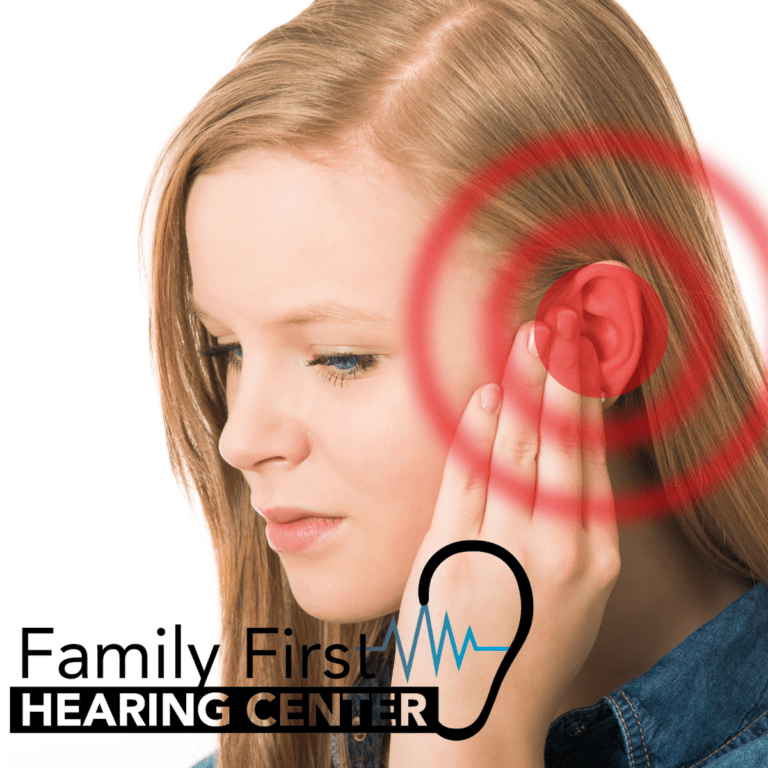Sound sensitivity and hyperacusis are conditions that can significantly impact an individual’s quality of life. It is crucial to understand the causes, symptoms, and treatment options available to effectively manage them. This article aims to provide essential information about sound sensitivity and hyperacusis, offering support and guidance for those experiencing these challenges.
Understanding Sound Sensitivity:
Sound sensitivity, also known as phonophobia, is a heightened sensitivity to certain sounds. It can be caused by various factors, including genetic predisposition, traumatic noise exposure, or existing medical conditions such as migraine or fibromyalgia. Individuals with sound sensitivity may experience symptoms such as discomfort, anxiety, irritability, and even physical pain when exposed to specific sounds. The impact of sound sensitivity extends beyond mere discomfort, affecting everyday life and mental health.
Hyperacusis: A Closer Look:
Hyperacusis represents an extreme sensitivity to normal levels of sound, where ordinary sounds become painful and overwhelming. There are two primary types of hyperacusis: cochlear and vestibular. Cochlear hyperacusis involves the ear’s perception of sound, while vestibular hyperacusis affects the body’s balancing system. Various causes and risk factors contribute to the development of hyperacusis, including head injuries, ear infections, exposure to loud noise, and even certain medications. It is important to note that hyperacusis differs from sound sensitivity, as it is specifically related to the perception and processing of sound.
Treatment Options:
Managing sound sensitivity and hyperacusis often involves a multimodal approach. Lifestyle modifications can play a significant role in reducing symptoms. Strategies like noise avoidance and using ear protection, such as earmuffs or earplugs, can provide relief. Sound therapy and desensitization techniques, conducted under the guidance of an audiologist or hearing care professional, can gradually increase sound tolerance. Counseling and cognitive-behavioral therapy can help individuals develop coping mechanisms and reduce the emotional impact of these conditions. In some cases, medications or medical interventions may be prescribed to manage symptoms effectively.
Coping Strategies for Individuals with Sound Sensitivity and Hyperacusis:
Living with sound sensitivity and hyperacusis can be challenging, but several coping strategies can improve daily life. Practicing self-care, such as maintaining balanced sleep patterns, reducing stress, and incorporating relaxation techniques like deep breathing or meditation, can help manage symptoms. It is also essential to communicate openly with family and friends, explaining the condition and suggesting ways they can support and accommodate your needs. Seeking support from professional organizations and connecting with support groups can provide valuable resources and a sense of community for individuals facing similar challenges.
Preventive Measures:
Prevention is always better than cure, particularly when it comes to hearing health. Protecting your hearing from excessive noise exposure is crucial in preventing sound sensitivity and hyperacusis. Wearing appropriate hearing protection, such as earmuffs or earplugs, in loud environments can significantly reduce the risk of damage. Education and awareness campaigns about the importance of hearing protection and regular hearing check-ups are essential in ensuring early detection and intervention for hearing loss and related conditions.
Understanding sound sensitivity and hyperacusis is vital for managing hearing health effectively. By recognizing the causes, symptoms, and treatment options, individuals with these conditions can take proactive steps towards improving their quality of life. Coming in to see us for regular hearing checkups is important, as we can provide expert guidance and support tailored to each individual’s unique circumstances. With the right strategies and support, it is possible to manage and live well with sound sensitivity and hyperacusis, ensuring a fulfilling and fulfilling life for years to come.
Remember, prioritizing your hearing health is not only beneficial for managing sound sensitivity and hyperacusis but also for preventing future hearing loss. By taking proactive measures and seeking professional guidance, you are investing in a future of healthy hearing and overall well-being.



